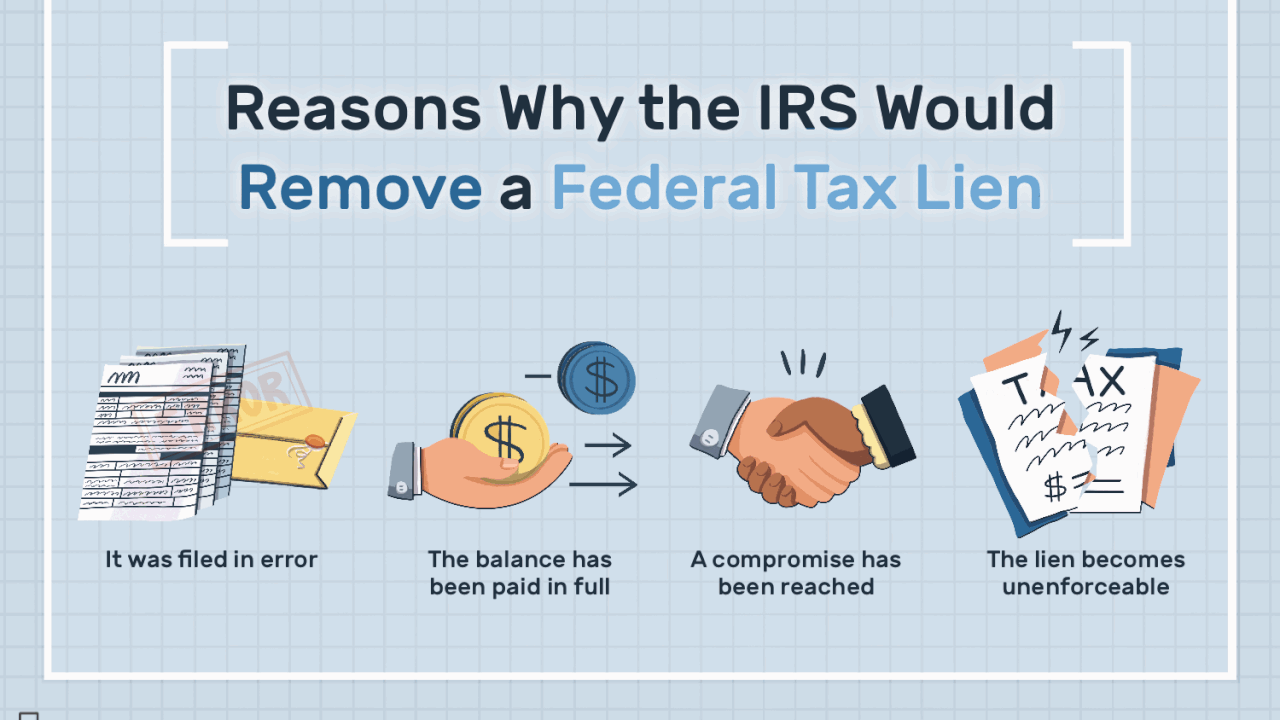Dealing with taxes alone is quite burdensome, and adding an IRS tax lien in that situation is a nightmare. If you have received notice that the IRS has placed a lien against your property, it is easy to feel overwhelmed. But there is no need to worry: understanding how IRS tax liens work, the effects they can cause in your financial life, and most importantly, how to resolve them, is all that it takes for you to take matters into your hands. Here goes an end-to-end guide about everything you should know about tax liens and how to handle them, along with some tax liens in Florida-specific details.
How IRS Tax Liens Work
An IRS tax lien is a legal claim that the IRS puts on your property because of failure in paying the taxes. The lien attaches to all your assets, including real estate, personal property, financial accounts, and even any future acquisition while the lien is still attached. Usually, the IRS puts up a lien after sending a series of notices to the taxpayer. They will issue a Notice of Federal Tax Lien to perfect their lien against your property in case of non-payment of the amount due.
Think of a tax lien as the government getting first dibs if your property were to sell when it’s time to get repaid. The IRS won’t literally take possession of your property straight off the bat—that’s what’s called a tax levy—but the lien does give them legal claim to your assets to satisfy the amount owed.
The Effects of a Tax Lien on Your Financial Life
A tax lien can seriously hurt your financial life. Here’s how it might affect you:
- Damage to Credit: Although the IRS no longer reports tax liens to the credit bureaus, having one on your public record still significantly hurts your creditworthiness. It may be seen by lenders, landlords, and future business partners as a signal of financial instability.
- Difficulty in Selling or Refinancing Property: If you want to sell your house or other real estate, the IRS tax lien has to be resolved before the sale can go through. It may lead to more complex selling and delays in closings.
- Limited Business Activities: With a business, a tax lien may reduce one’s ability to obtain business loans, lease new property, or even expand business activities.
- Impact on Future Assets: Anything that you acquire after the lien is filed becomes part of the lien automatically, whether it be a new car or a second home, until the debt is satisfied.
Understanding these effects may spur you to take immediate action and settle the lien before it creates long-lasting harm to your financial stability.
Tax Liens in Florida: State-Specific Regulations
If you are living in Florida, issues about tax liens may also have different variables and procedures to address. Tax liens in Florida have their own set of rules when it comes to tax lien enforcement, and understanding these can best help you with approaching your case.
- No State Income Tax: Florida has no state income tax, so most of the liens imposed on a resident of Florida are federal tax liens. Nevertheless, there are also property tax liens, which can be imposed if property taxes were not paid by the government, especially at a local level.
- Homestead Protections: Florida law gives homestead protection to residents; this means that, potentially, your primary residence may be protected from forced sale by creditors. This does not apply to federal tax liens, though, since they can override state protections.
- Community Property States: Florida is not a community property state, and therefore, a lien for taxes on one spouse’s property does not attach to the separate property of the other spouse in the absence of liability.
Knowing how tax liens work in Florida can help you understand any particular nuances that surround your situation, and usually, it is advisable to get in consultation with professionals who have dealings with tax liens in Florida.
Tax Resolution Services: How They Can Help
Such a tax lien is all it takes for professional help to make quite a difference. Tax resolution services are those that deal with the complex IRS issues of taxpayers and include resolving tax liens. Here’s how they are able to assist:
- IRS negotiation: Tax resolution pros know how to deal with the IRS and can often negotiate with them on your behalf to an outcome more favorable to you.
- Payment Plans: If one is not able to settle the tax owed with a single payment, a tax resolution services provider will be in a position to set you up on an installment agreement with the IRS. This is helpful for allowing you to pay off your debt in smaller, manageable pieces over time.
- Offer in Compromise: Sometimes, tax resolution services will be able to settle your tax debt for less than what you owe through an Offer in Compromise. This is for people who are experiencing a financial hardship of some sort.
- Lifting the Lien: Once you get back on track with a payment plan or once your debt is settled, tax resolution professionals can obtain a lifting of the lien and clean your public records.
Strategies for Resolving IRS Tax Liens
Key ways a taxpayer can resolve an IRS tax lien. The below listed methods are common:
- Pay the amount owed in full: This is the simplest and quickest method to resolve the lien. Once the IRS receives payment, they will release the lien within 30 days.
- Apply for an Installment Agreement: Can’t pay the debt all at once? You can set up a payment plan with the IRS. It won’t release the lien instantly, but it keeps the IRS from going after any other additional collection action, as long as you adhere to the plan.
- Offer-in-Compromise: This would be a settlement where the IRS accepts less than the full amount owed on one’s account and considers the debt settled. Not easy to qualify for, yet when your star aligns with the IRS—when one is experiencing hardship—it can save your life.
- Request a Lien Withdrawal: You can only request a withdrawal if you can demonstrate that the lien was filed in error, or that it will aid you in getting current on future taxes by paying off the lien.
How to Remove an IRS Tax Lien
Once you have paid your tax debt, it is very important that you take steps to ensure the lien is removed. Here’s how:
- Request for Lien Release: After payment has been made towards the debt, or an Offer in Compromise negotiated, you can request the IRS to free your lien. The norm is that they do this in 30 days.
- Apply for Lien Withdrawal: In case the withdrawal has already been paid but the same is reflecting in the public records, you can apply for withdrawal.
- Lien Discharge: If you are in the process of selling a property that a lien has been filed against, you can apply for a lien discharge. This removes the lien from a specific asset; it may not necessarily wipe out the lien against your other property.
Preventing Future Tax Liens
Preventing a future tax lien may not be as easy as getting out of an existing one, but it is actually quite simple. You need to keep your ducks in a row when it comes to paying your taxes. Here’s how:
- File on Time: File your taxes on time, even when you cannot pay the full amount due. Preparation of late tax returns results in penalties that escalate the overall liability.
- Establish a Payment Plan: If you are unable to pay your entire tax bill, you can set one up with the IRS, and they will not place a lien against your assets.
- Stay in Touch: If you are able to pay your taxes, keep up an open channel with the IRS before they start. They may try to arrange something with you if they know you are making an effort to square up.
Bottom Line
When presented with an IRS tax lien, all hope may seem lost, but there is a light at the end of the tunnel to have this situation cleared up and to take control of your finances. You are able to prevent further damage to your financial life by paying the debt in full, giving way to a payment plan, or by utilizing the services you can receive from tax resolution services. Knowing how tax liens in Florida operate is paramount to all Florida residents who intend to do it right when the time comes. Done correctly, you will settle the tax and have the lien eliminated, putting a halt to all possible problems that may arise in the future with the Internal Revenue Service.




